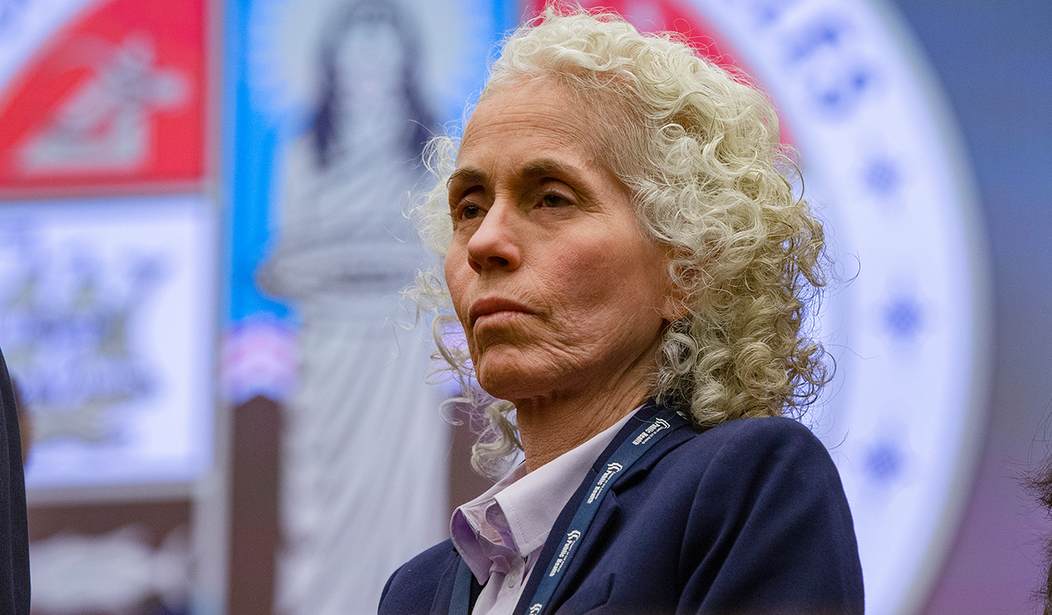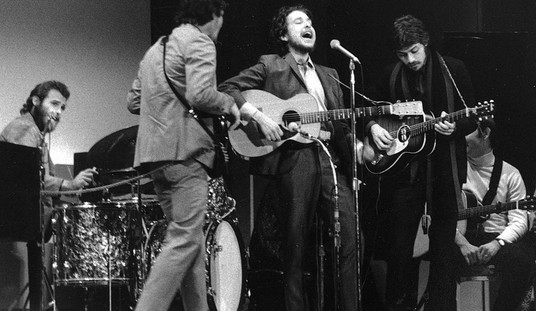Over the last few months our nation’s public health and medical “experts” have become a huge part of the news cycle; a few have become household names and celebrities in their own right, such as Dr. Anthony Fauci, who even made it to Saturday Night Live. Since Dr. Fauci (NIAID/NIH), Dr. Deborah Birx (CDC/State Dept), and Dr. Robert Redfield (CDC), all medical doctors having decades of experience researching infectious diseases, are the “experts” advising the federal government response to the Wuhan coronavirus pandemic, it’s reasonable to assume that public health officials in each state and in major cities have had the same type of training and a similar professional focus. After all, the governors and mayors who implemented “stay at home” orders and who are fighting to keep them in place continually tell the public that their positions are informed by “the data” and by “listening to the science” state and local officials present, and science is not political, right?
Wrong.
Those of us on the conservative side of the spectrum already know that many scientific fields have been highly politicized. What most of us are learning in 2020 is just how politicized the public health field is and that some who are considered experts in the field, such as Los Angeles County Director of Public Health Barbara Ferrer, Ph.D., are not even medical doctors (even though some official websites claim she is). Ferrer’s numerous degrees include a Masters of Education, a Masters of Public Health, and a Doctor of Philosophy in Social Welfare.
An examination of Ferrer’s career shows that, like many “public health” professionals, her focus isn’t on public health as it has traditionally been known; her focus is that of an activist using “data” to advance an agenda of “racial equity,” and personal and institutional success is measured in nebulous, politically-correct terms. Understanding the paradigm in which these “experts” operate is foundational to understanding and pushing back against their attempts to manipulate public policy.
The bulk of Ferrer’s career has been spent in Boston, with the Massachusetts Department of Public Health and the Boston Public Health Commission. When she stepped down as the Executive Director of the Boston Public Health Authority in 2014, she noted “aggressively tackling health inequity in Boston” as her favorite achievement, according to the Jamaica Plain Gazette.
A press release from the Massachusetts Public Health Association on Ferrer’s departure said:
Dr. Ferrer prides herself on the partnerships she has helped to foster across the city and notes that it is these strong and vibrant partnerships led by extraordinary and passionate leaders that have resulted in the numerous public health successes throughout her tenure.
Ferrer’s publications listed include:
- Racial Inequities in Drug Arrests: Treatment in Lieu of and After Incarceration (2018)
- Building Health Equity: A Community-Driven Approach to Confront Racism, Promote Racial Healing, and Sustain Equitable Opportunities for Optimal Health (2016)
- Immigrant Health: Anchoring Public Health Practice in a Justice Framework (2019)
After leaving Boston, Ferrer spent three years as Chief Strategy Officer for the W.K. Kellogg Foundation (WKKF), reporting directly to the organization’s president. WKKF states their Commitment to Racial Equity, Developing Leaders and Engaging Communities (emphasis added):
Embedded within all we do are commitments to advancing racial equity and racial healing, to developing leaders and to engaging communities in solving their own problems. We call these three approaches our DNA and believe they are essential to creating the conditions that propel vulnerable children to achieve success.
A major portion of her work was overseeing the development of the “Truth, Racial Healing, and Transformation” (THRT) framework and implementation guide “for how communities could implement a TRHT process in a place – either a city, a region, a state – or a sector.” From WKKF’s website:
TRHT is a comprehensive, national and community-based process to plan for and bring about transformational and sustainable change, and to address the historic and contemporary effects of racism. It was launched in January 2016 with a year-long design phase and builds upon and complements the foundation’s decades-long commitment to advancing racial healing and racial equity throughout the U. S.
As Chief Strategy Officer, Ferrer was involved in awarding grants to establish Truth, Racial Healing and Transformation Centers at 14 colleges and universities throughout the country.
WKKF spearheaded the first “National Day of Racial Healing” on January 21, 2017, the day after President Trump’s inauguration. Suggested activities include “host[ing] a dinner conversation or racial healing circle” with friends,” helping children make homemade racial healing signs and finding a place to post them, and “read[ing] books to the children in your life that affirm the identities and backgrounds of all children.”
In addition, WKKF awarded major grants to the George Soros Open Society Institute and La Raza during Ferrer’s tenure.
Ferrer was hired as Director of the Los Angeles County Public Health Department in January 2017 and quickly set about making her mark on the department and the community. By October 2017 the county announced the launch of the Center for Health Equity. A press release described its purpose as (emphasis added):
“[T]o ensure all individuals have access to the opportunities and resources needed for optimal health and well-being. The Center’s mission includes advancing racial, social and environmental justice in partnership with committed organizations and residents.
“The Center will focus initial efforts in five areas: Infant mortality, sexually transmitted infections, environmental justice, Health Neighborhoods, and cultural and linguistic competency,” said Barbara Ferrer, PhD, MPH, MEd, Director, Los Angeles County Department of Public Health. “With support from the Health Agency, external partners, and residents we can achieve system, policy, and practice changes that lead to health equity.”
By May of 18, with STD rates in Los Angeles County “soaring,” the Center for Health Equity’s director told the Los Angeles Times that “officials need to evaluate what’s called structural or systemic racism,” and Ferrer added:
“The one thing I never do, and I hope others don’t as well, is blame these young people for not taking care of themselves.”
Although a typhus outbreak hit the city in 2018 and public health issues associated with homelessness spread throughout the county, there was no mention of either in Ferrer’s January 2019 New Year’s Message, in which she celebrated two years with the county. Instead, the focus was:
AS WE LOOK BACK, IN THE LAST TWO YEARS, DPH HAS MADE HEALTH EQUITY A CENTRAL PART OF ALL OUR WORK.
In June 2019, when nearly everyone in the Southern California area was focused on potential disease outbreaks in downtown Los Angeles due to the massive amounts of garbage and human waste festering in the streets along with an exploding homeless population, Ferrer’s “Monthly Message” was focused on something entirely different:
“Reproductive choice and access to care for women is under attack; the basic right to decide whether and when to have children is now threatened. Women and the public health community, including me, are alarmed that access to safe abortion is being restricted or eliminated entirely in multiple states. As of May 2019, Alabama, Georgia, Iowa, Kentucky, Louisiana, Mississippi, Missouri, and Ohio had passed bills that would effectively outlaw or severely restrict abortion.”
Fast forwarding to the current pandemic, Ferrer’s bias is clear. While the county has a disproportionate number of positive coronavirus cases and deaths compared to the rest of the state, by golly, it has a Racial, Ethnic, and Socioeconomic Data & Strategies Report for COVID-19 completed.
Since the weekend of March 14, when the first shutdown orders in LA County went into effect, Ferrer’s references to possible mental health effects suffered by people who were suddenly effectively in solitary confinement or at risk of losing everything they’d spent their entire lives building were limited to generic, “We’re all in this together” types of statements. On Tuesday, though, when discussing the county’s reopening plans, she went to great lengths to reach out to people who might be feeling anxiety about going back to work and possibly getting infected, encouraging them to take advantage of the county’s mental health hotline and other resources.
Although this article has focused on Ferrer, she is definitely not the only public health professional operating from this worldview. If she and other social workers want to work on racial justice initiatives – privately funded – have at it. But they have no business dictating/advocating for policy that’s supposedly based on “listening to the science” – such as an indefinite stay at home order for a county of 10 million people – when they don’t have the background to make such recommendations.















Join the conversation as a VIP Member